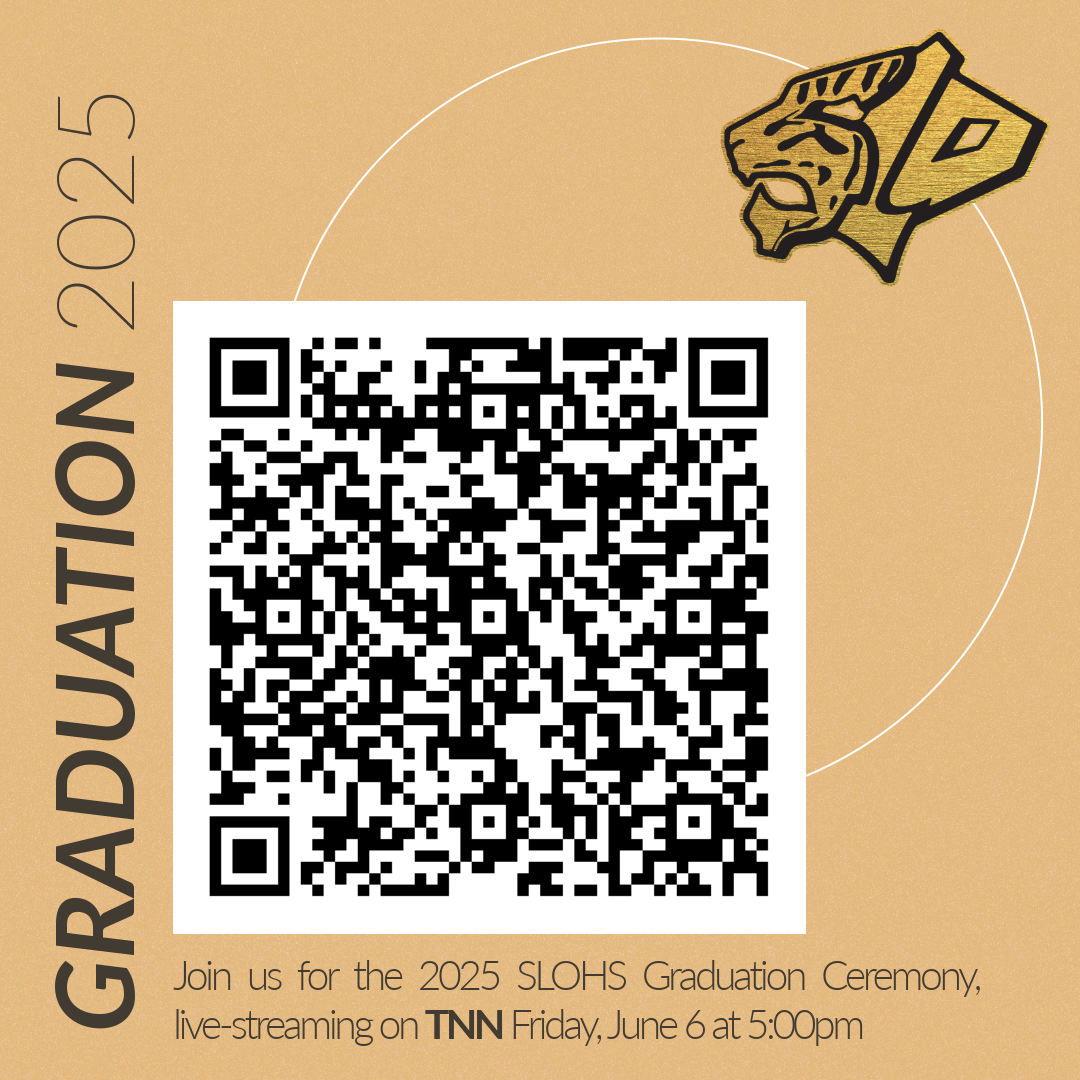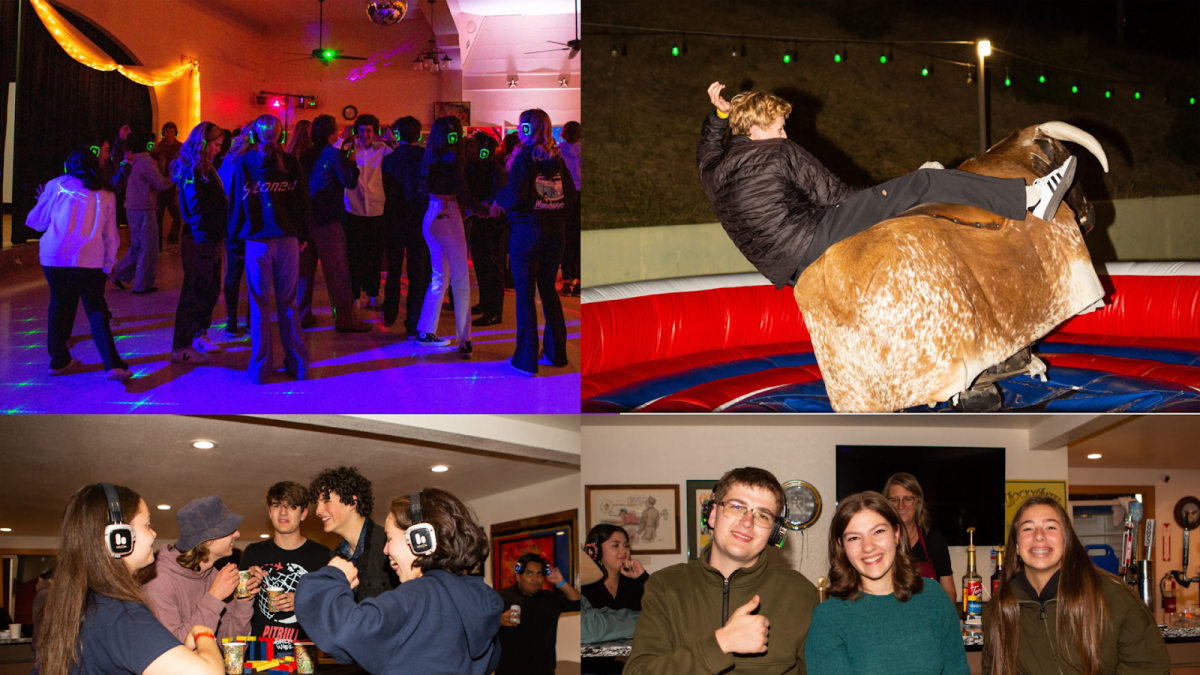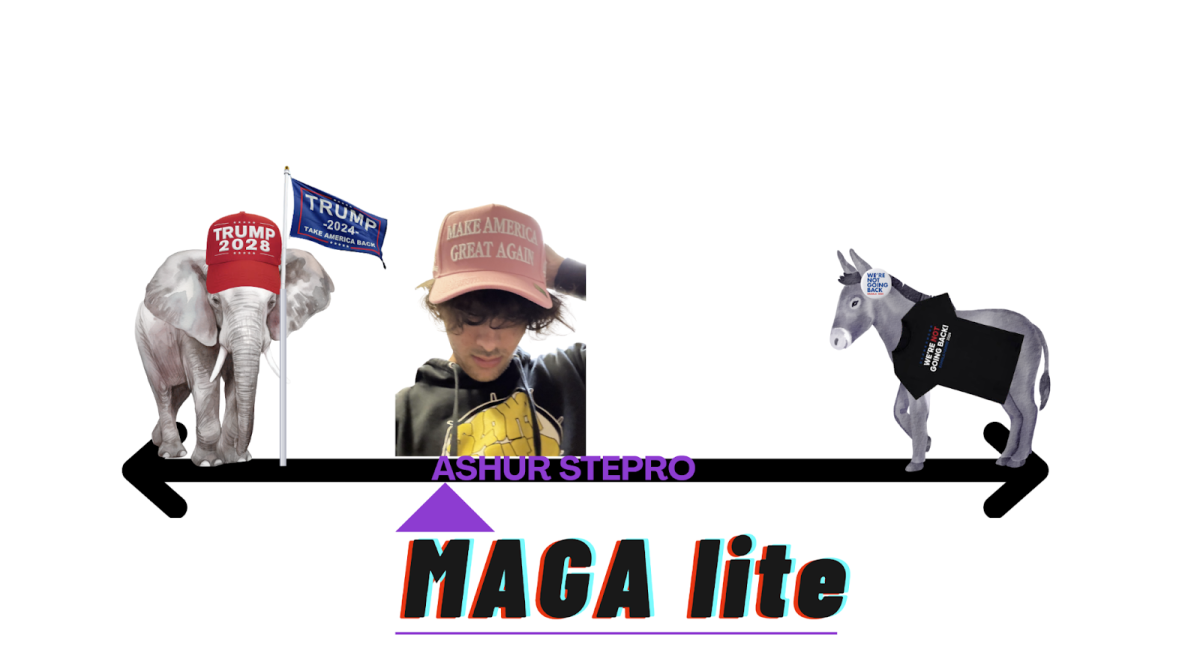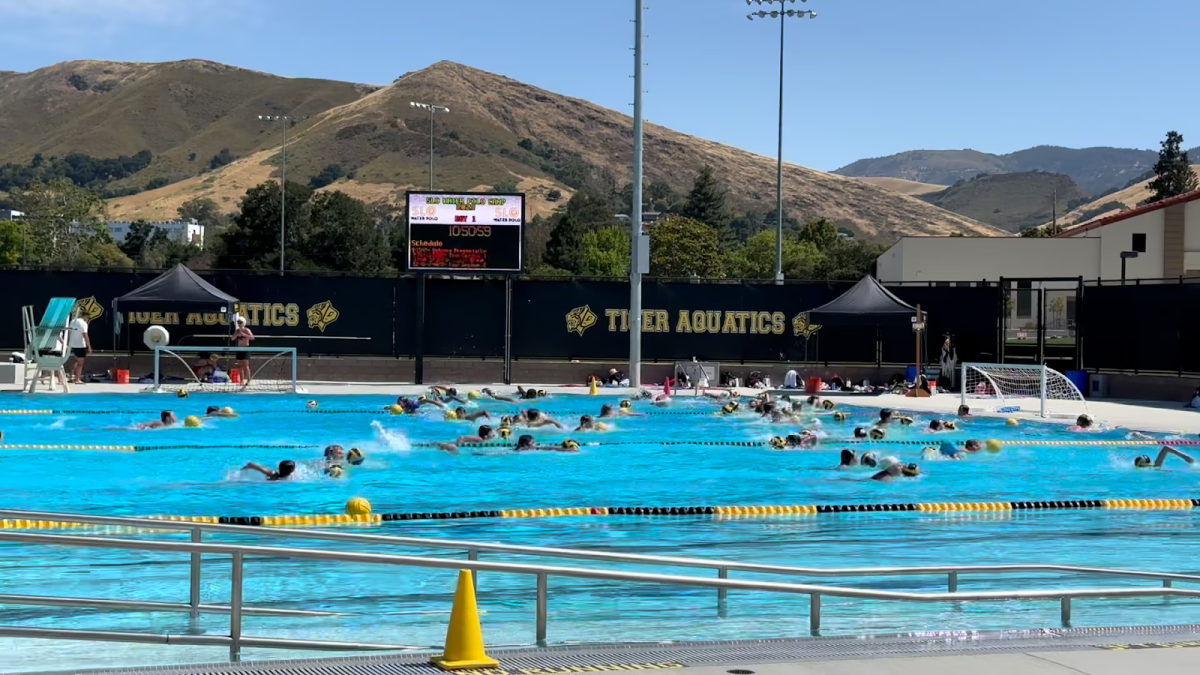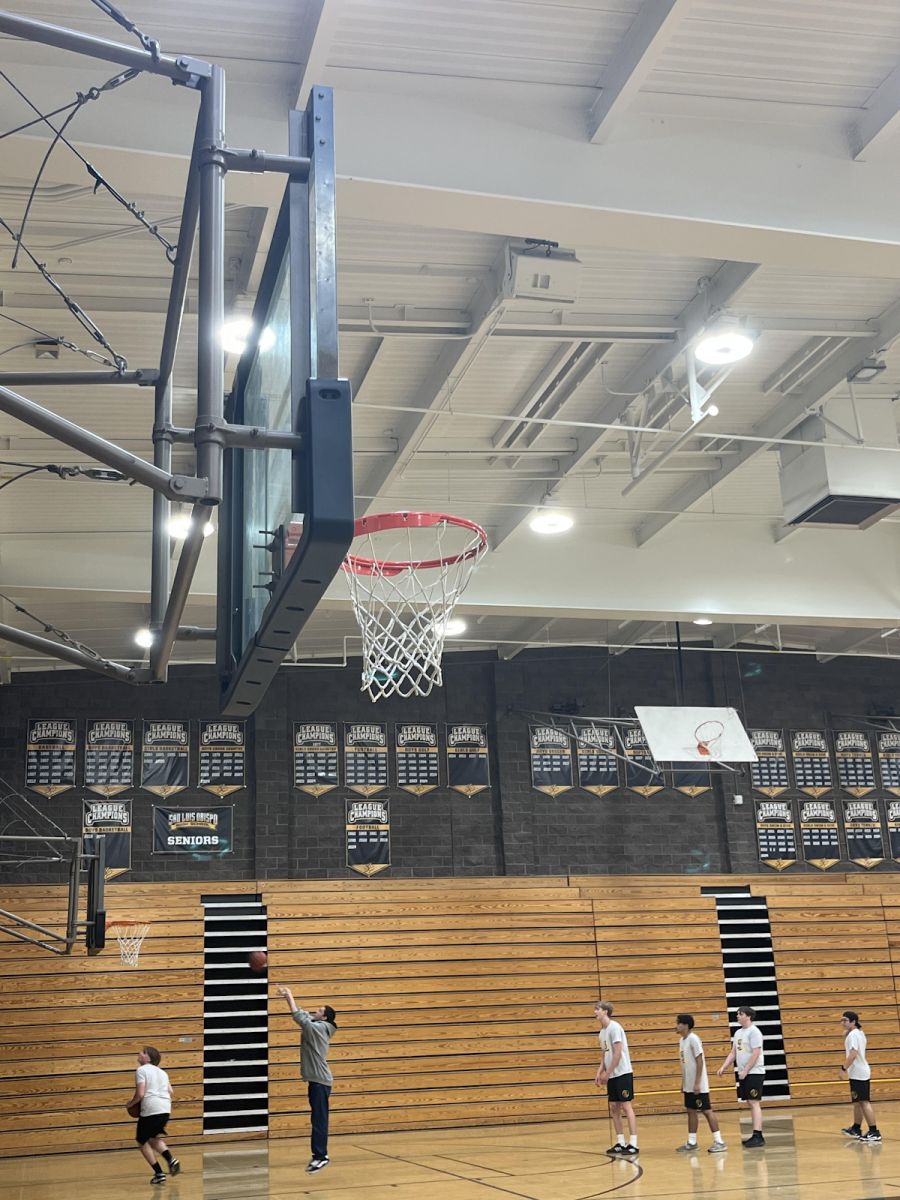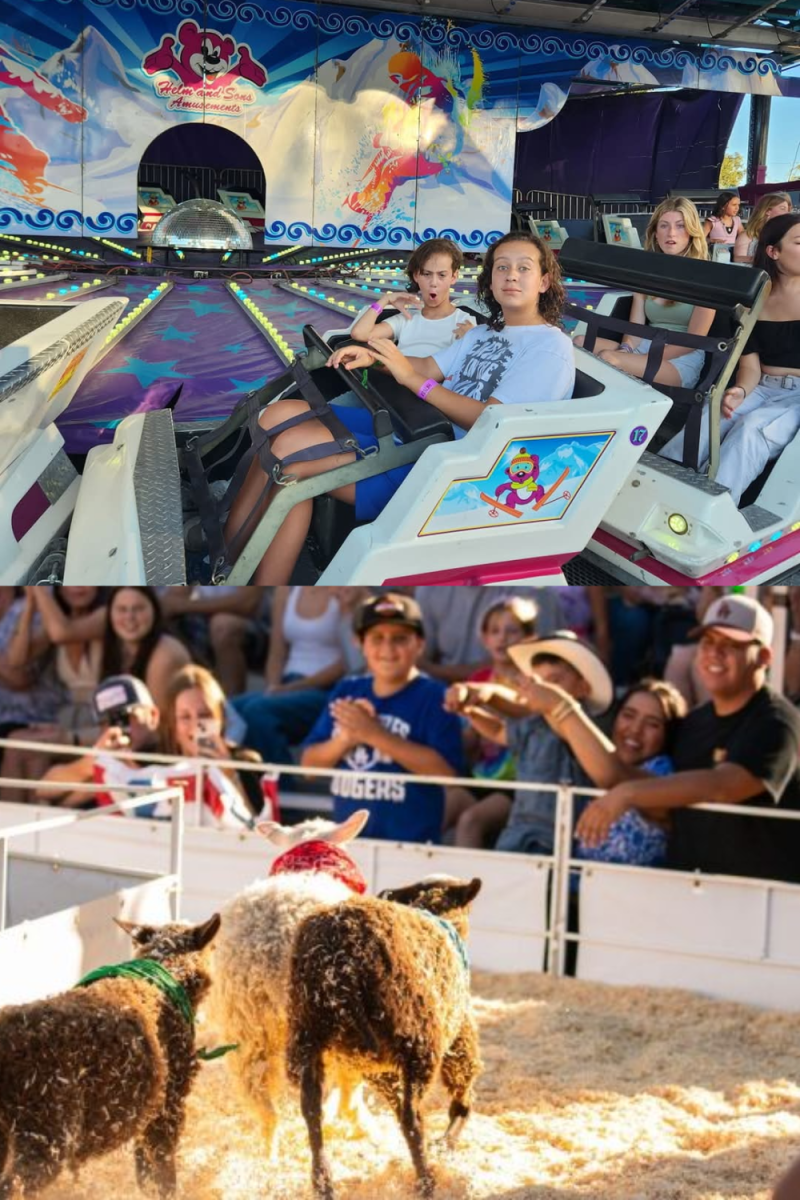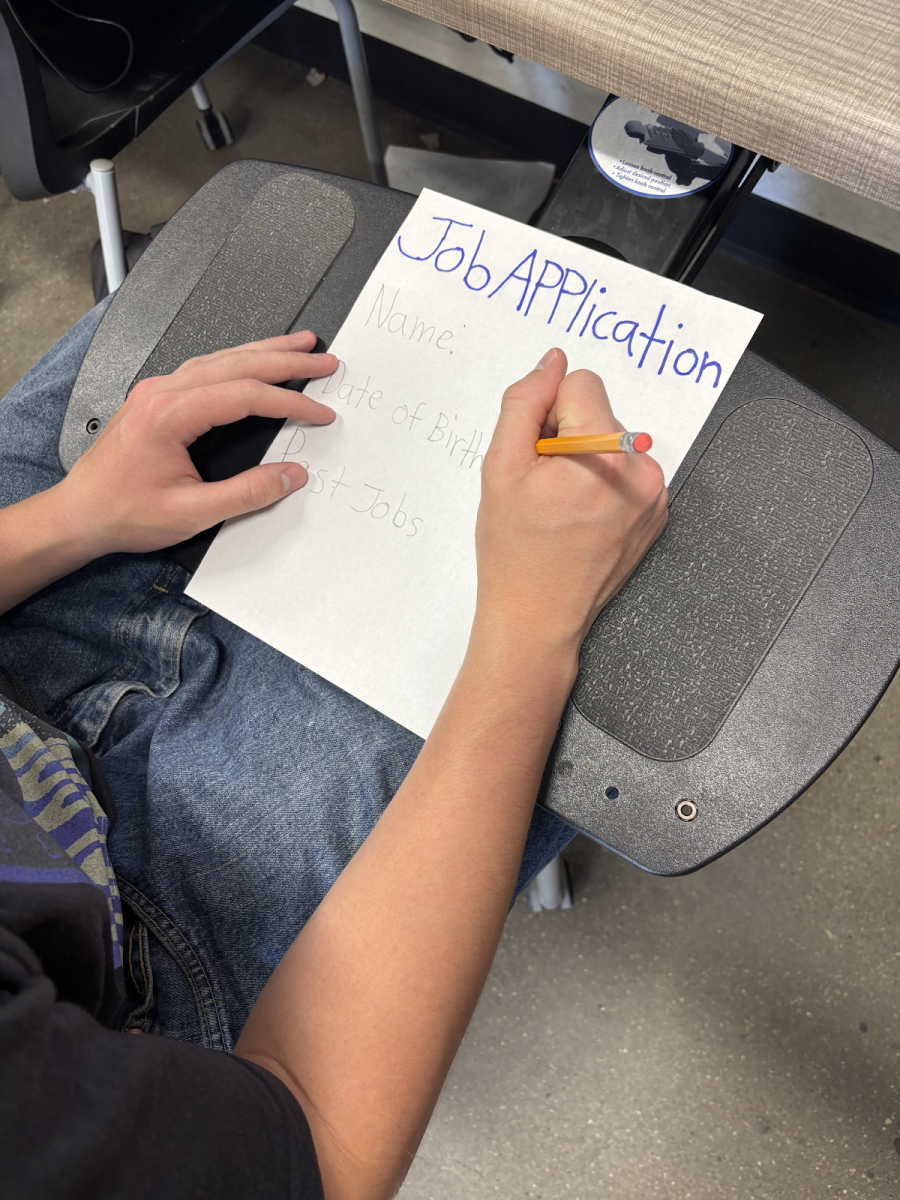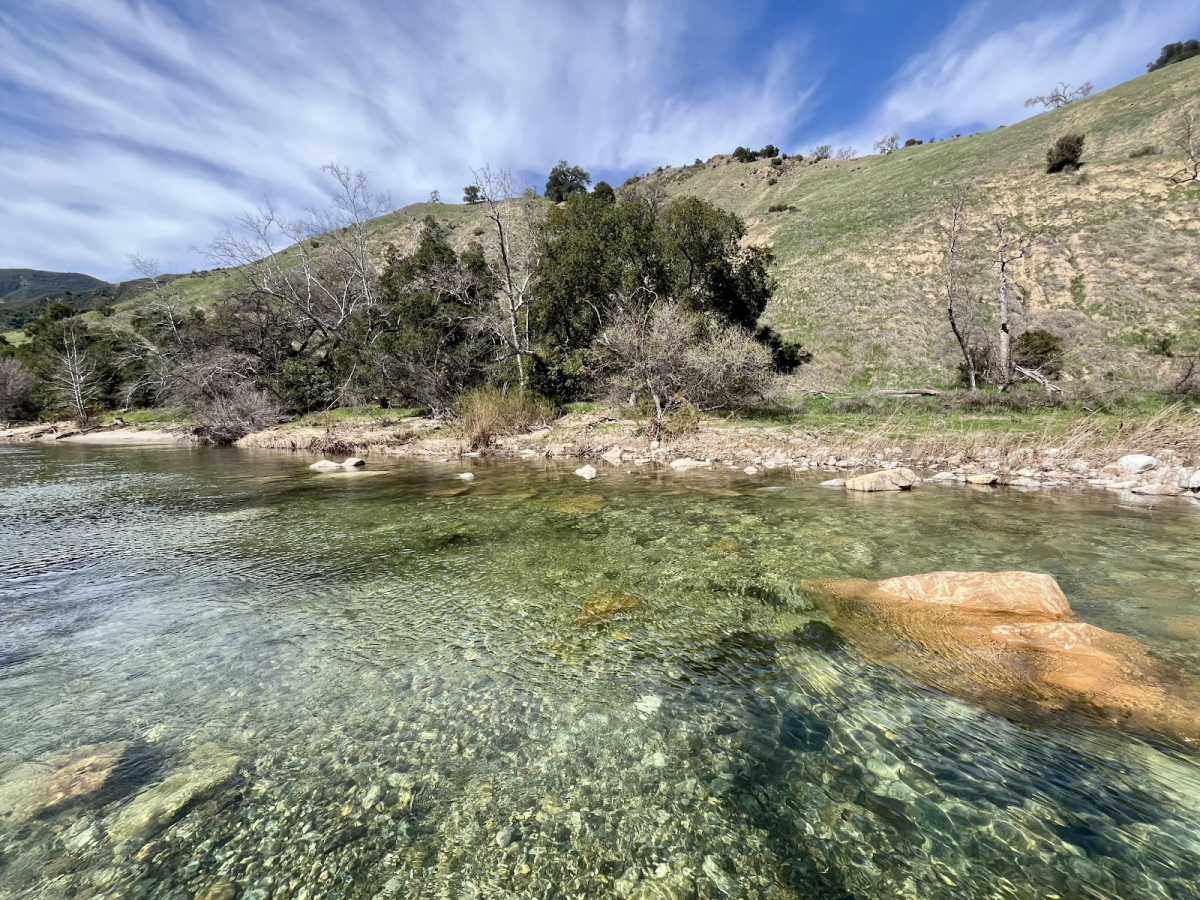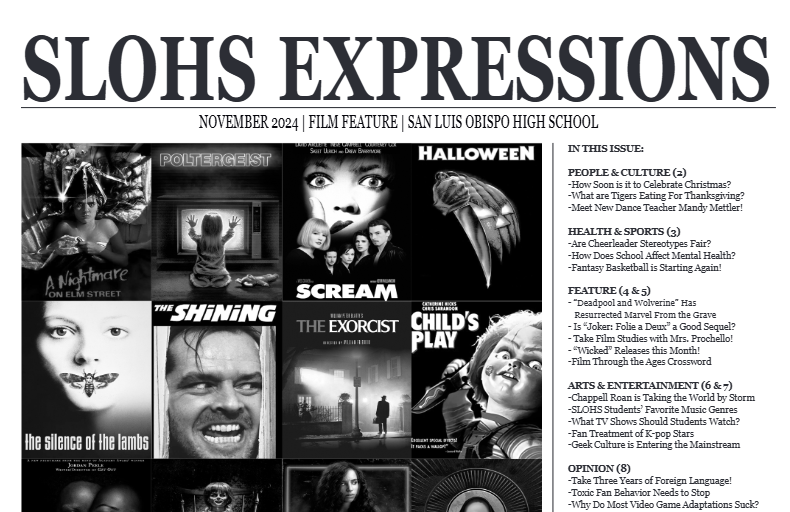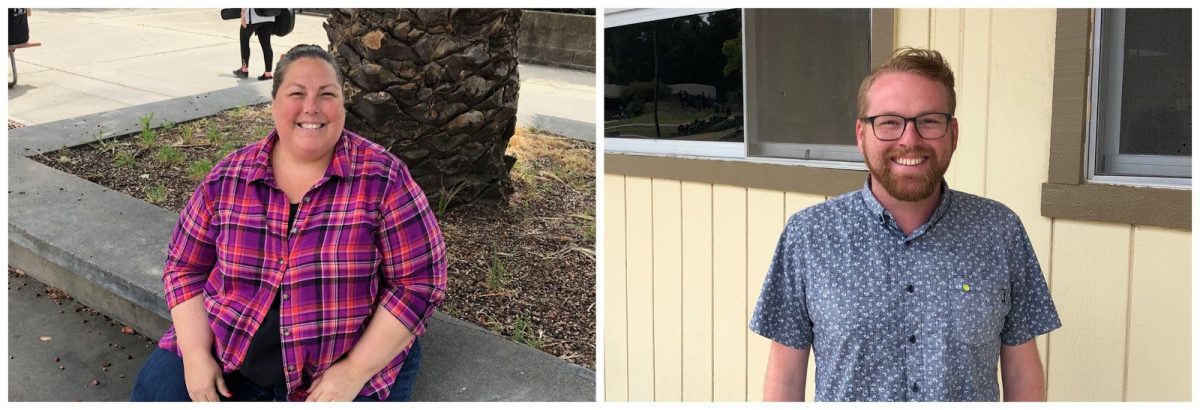On the San Luis Obispo High School campus, there are many kids with disabilities both mental and physical. They are under the SLOHS branch of special education. Some of these students have paraeducators who follow them throughout the day to help them along. We all see them in the halls, in the quads, and in our classrooms. The paraeducators allow all students to have equal opportunities in and out of the classroom. Expressions interviewed Christopher Tilford and Shana Bailie, two paraeducators on the SLOHS staff, to find out a little more about them and their job.
Expressions: What is your main job as a paraeducator?
Paraeducator Christopher Tilford: Our main job is to assist students in navigating their education. We provide assistance to various teachers as well, to ensure all students get an accessible level of learning. We work with students on modifying behaviors that may disrupt their learning, completing work, and learning new skills (life and academic).
Paraeducator Shana Bailie: I aid students with their daily needs at school. I help them work on their goals that are created by their IEP (Individualized Education Plan) team. Their goals can be an educational, social, vocational, or behavioral goal, and I’m responsible for taking data on these goals. I help manage the classroom and implement lesson plans set by the teacher.
Expressions: What makes you different from a special education teacher?
Tilford: I think what makes us different is we roam campus just as much as students, so we see a lot of the inner workings of a students day. We help in special education classes, resource classes, general education classes, AP classes, STE courses, etc. We get to work with our special needs population as well as our general education population on a daily basis. I really enjoy being able to be involved in so many different types of classes, not just special education.
Bailie: I don’t have a teaching credential. I don’t plan lessons, make schedules, or write IEP‘s.
Expressions: What is the hardest part of your job?
Tilford: Understanding the lives of young people, which includes their stresses and worries, and how to help them.
Bailie: The hardest part of my job is seeing a student struggling and having a hard day. I want all our students to be happy and get what they need, but sometimes I just don’t know what that is. For some of our students, it’s hard for them to communicate what they want or need, which is frustrating for me and the student(s).
Expressions: What is one thing you would like SLOHS students to better understand special education in general?
Tilford: I want students to realize we are all different and what makes us different is also what makes us awesome. I think if everyone remembers to just be kind, SLOHS and our community can be a better place than it already is! Kind people are my kind of people!
Bailie: I would really like SLOHS students to know that our kids are great fun. They make me laugh and smile every day. They shouldn’t be afraid to approach our students or us when they see us on campus. I would love all students and teachers on campus when they see us walking around, to come over and say hi and meet us. It really helps our students engage with their peers and other teachers, don’t be shy, you might be surprised at how much joy they bring you.
Expressions: What is the most rewarding part of being a special education paraeducator?
Tilford: Watching a student succeed or jump a life hurdle. Success looks different for everyone, and that is something I have really learned working at SLOHS. From small successes to huge accomplishments, they are all equally as rewarding for me to watch and experience with students.
Bailie: Helping students have the best day. When I see them smiling and happy, it really brightens my day and brings me so much joy. They can turn your frown upside down, that’s for sure.
Expressions: Why did you decide to go into this field?
Tilford: To be honest, I worked in the fashion industry for over ten years. I lived in Los Angeles and ran high volume retail stores, made custom suits, and designed window displays. I never thought I would work in special education, or at a high school in general.[Then], I started volunteering for an after-school program (SLO Excursions) five years ago after moving back to the coast and I fell in love with the population I was volunteering for. I later started doing behavior therapy work in the community, eventually leading me to SLO High and a career in special education.
Bailie: I’ve been here at the high school for eight years, but I’ve worked with people who have special needs since I was nineteen years old. I felt like it was my calling. The stars aligned and everything led me to work in this field. I moved here from Los Angeles back in 1996. I found work at a facility in the laundry room, where adults who have special needs live and found that I was spending a lot of time interacting with the clients instead of doing the laundry. So, I decided to get my CNA (Certified Nursing Assistant) license and work with the clients. Eventually, I made my way from working at the facility today programs to working at group homes for people with special needs, to finally working at SLOHS in special education. I love my job and helping others, it is very rewarding and gives me so much happiness. I couldn’t imagine doing anything else.


